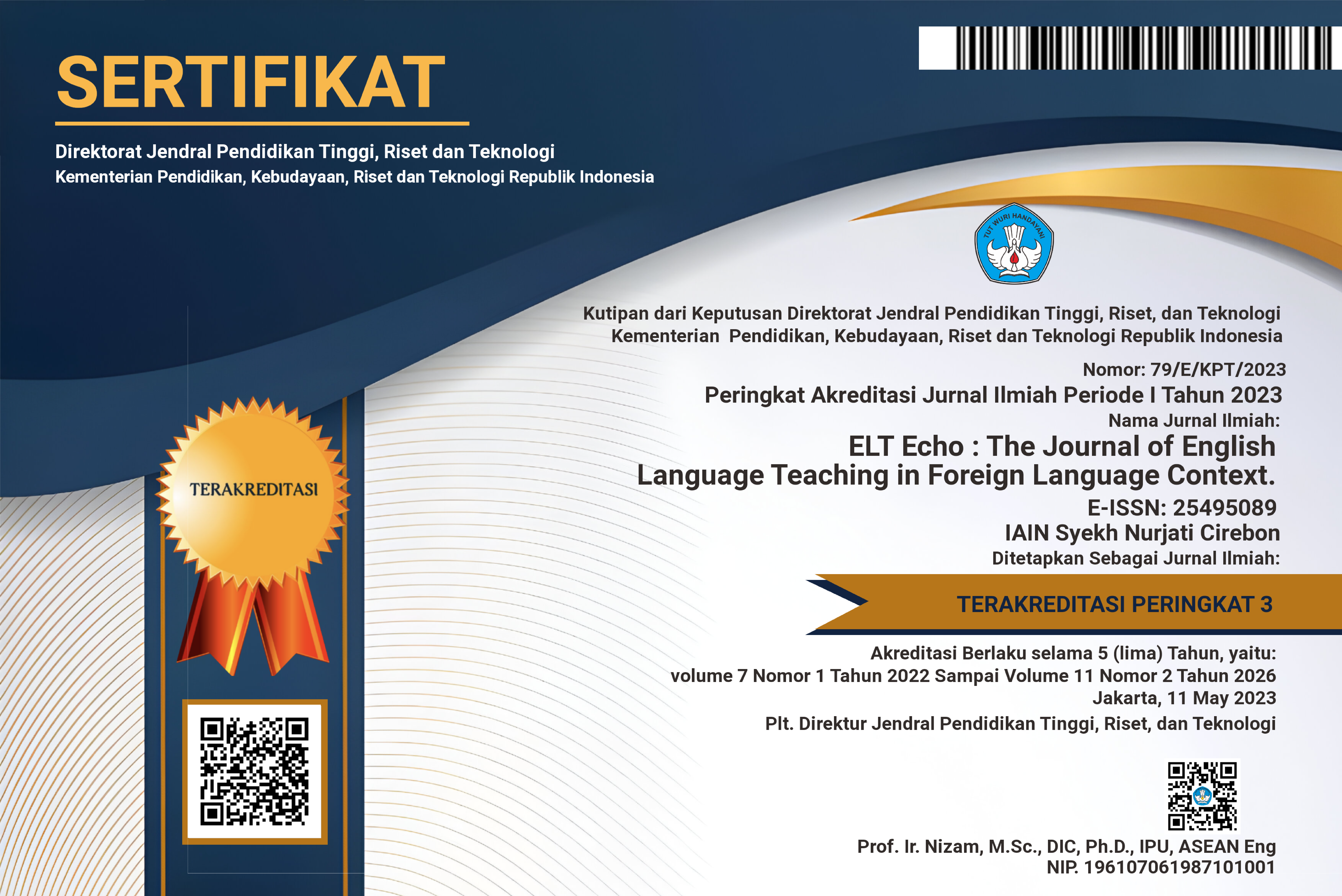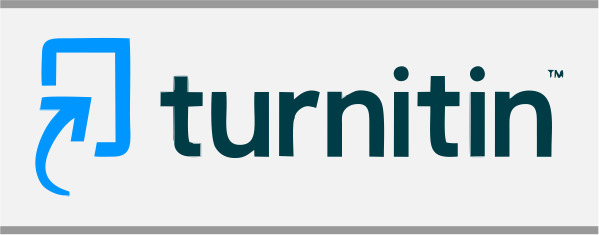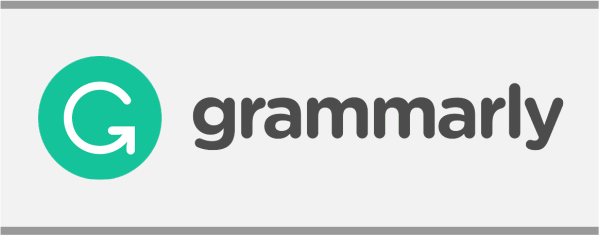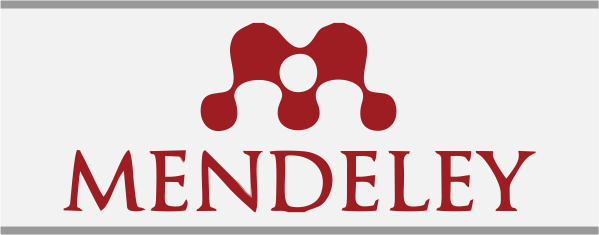REVEALING PROCESS-BASED AND WRITERS’ CHOICE OF ACADEMIC ESSAY WRITING IN UNDERGRADUATE EFL LEARNERS
(1) Postgraduate of Indraprasta PGRI University
(2) IAIN SyekhNurjati Cirebon
(*) Corresponding Author
Abstract
Keywords
Full Text:
PDFReferences
Alwasilah, A. C. (2012). Pokoknya Kualitatif: Dasar-dasar Merancang dan Melakukan
Penelitian Kualitatif. Bandung: PT Dunia Pustaka Jaya
Bailey, S. (2006). Academic Writing: A Handbook for International Students. New York:
Routledge.
Bringle, R.G. and Hatcher, J.A (2003). Reflection in service learning: Making meaning of
experience. In Campus Compact (2005). Introduction to service learning toolkit:
Readings and resources for faculty, second edition. Providence, RI: Campus Compact.
Creswell John W. (2009). Educational Research. London: Pearson.
Devers, K., & Frankel, R. M. (2000b) Study Design in Qualitative Research-2: Sampling and
Data Collection Strategies. Education for Health: Change in Learning and Practice,13,
(2), 263-272.
Fulwiler, Toby. (2002). College Writing: A Personal Approach to Academic Writing.
Pourtsmouth: Boynton/Cook Publishers, Inc
Guba, Egon B. and Yvonna Lincoln. (1981). Effective Evaluation. San Fransisco: Josssey.
Bass Handoyo Puji Widodo: “Process-Based Academic Essay Writing Instruction in
an Efl Contextâ€. Politeknik Negeri Jember.
Haghi, E.B. (2013). Zibakenar, Risht, Iran. “Process-Product Approach to Writing the Effect
Of Model Essays on EFL Learners Writing Accuracy.†International Journal of
Applied Linguistics and English Literature. ISSN: 2200-3592 (Print). ISSN: 2200
(Online),Vol.2. No. 1.
Hidi, S & Bascolo, P. (2007). Writing and Motivation. UK: Elsevier.
Hyland, K. (2008). A Genre Description of the Argumentative Essay. RELC Journal: SAGE
Publication.
Lodico, Marguirite G, Dean T, Apaulding & Katherine H. Voegetle. (2006). Method
Educational Research. San Fransisco: Jose Bass.
Lokyer, Sharon. (2008). Textual Anaysis in Given, L The SAGE Encyclopedia of Qualitative
Research Methods, pp. 866. California.
Oshima, A., & Hogue, A. (2007). Introduction to Academic Writing (3rd ed.). New York:
Pearson Education.
Palys, T. (2008). Purposive Sampling. In L. M. Given (Ed.), The Sage Encyclopedia of
Qualitative Research Methods. Vol. 2. Pp. 697-8. Los Angeles: Sage.
Sugiyono. (2008). Metode Penelitian Pendidikan. Bandung: Alfabeta
DOI: 10.24235/eltecho.v4i1.4478
Article Metrics
Abstract view : 248 timesPDF - 52 times
Refbacks
- There are currently no refbacks.
Â
This Journal is indexed by:
Â

This work is licensed under a Creative Commons Attribution 4.0 International License.










